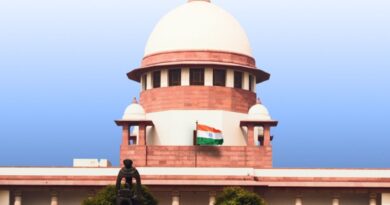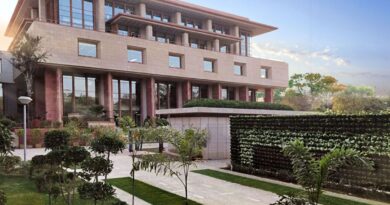Oyo Moves Delhi HC Against Arbitration Ruling in Lenskart Lease Dispute
Oyo Hotels and Homes Pvt Ltd has once again moved the Delhi High Court against eyewear retailer Lenskart Solutions Pvt Ltd over a dispute related to an office lease. The matter concerns the early termination of a co-working space lease during the COVID-19 pandemic.
According to Bar & Bench, Oyo has challenged certain portions of an arbitration award. While the company had partially won in arbitration, it is now asking the court to set aside findings on three points — compensation for the lease’s lock-in period, interest awarded, and certain remarks on stamp duty.
The case came up before Justice Amit Bansal on Tuesday, who issued a notice to Lenskart and sought its response.
From Long-Term Lease to Early Exit
The dispute started with a lease agreement signed on 30 July 2019. Lenskart, then operating as Alcott Town Planners Pvt Ltd, had taken the first floor of Subharam Complex, MG Road, Bengaluru, from Oyo. The lease was for six years, with a 36-month lock-in period.
In March 2020, just after the COVID-19 outbreak, Lenskart stopped paying rent for 15 days, citing force majeure. On 24 May 2020, it ended the lease and demanded a refund of ₹1.21 crore, which was the security deposit.
Oyo argued that this termination was illegal and premature. It sought over ₹7.8 crore for the remaining lock-in period along with late payment charges.
A sole arbitrator, appointed by the Delhi High Court in September 2021, later ruled that the pandemic did not trigger the force majeure clause — which only applied if the premises were damaged or destroyed. This finding supported Oyo’s stand. However, the arbitrator still reduced the lock-in compensation and made rulings on interest and stamp duty that Oyo is now disputing.
Represented by DMD Advocates, Oyo is asking the court to overturn these parts of the award.
What This Means
In simple terms, Oyo won part of the arbitration but did not receive the full amount it claimed. Some parts of the ruling went against it. The company is now asking the High Court to change or remove those specific parts of the decision. The court will not rehear the entire case but can modify or strike down sections of the award if legal or procedural errors are found.





